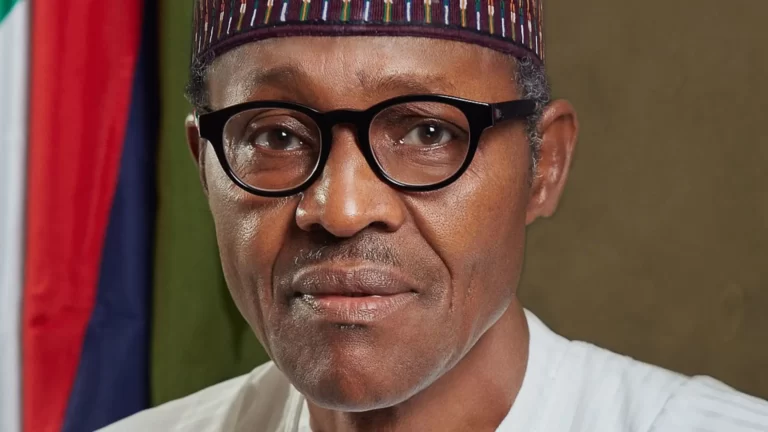Nigeria’s National Bureau of Statistics (NBS) released inflation figures for June yesterday, with surprising numbers after the removal of fuel subsidies at the start of the month. Inflation was 22.79% in June, a mere 0.38% from May figure of 22.41%, 4.19% points higher compared to last year. Though it is the sixth consecutive month of increases in inflation, and a 17 year high, and well beyond the 6% – 9% target of the Central Bank of Nigeria (CBN), it was widely expected that the impact of the removal of fuel subsidies that led to the increase in fuel prices by about 200% will be greater in the first month.
Inflation Dynamics in Nigeria June 2022 to June 2023

While it was always expected that the shock may take 12 – 24 months before the shocks fully works itself through the price system, it was also expected that the first impact will be greater than what its reported. The three layers of impact are through transport and logistics, food prices, and then salary and wage adjustments.
In the report released, food inflation accelerated to 25.25% in June compared to 24.82% in May 2023 while core inflation increased from 20.06% to 20.27% during the same period. Besides the removal of fuel subsidies in June, it was also expected that the inflation data would reflect the pressure occasioned by the Eidel-Kabir celebration and the planting season effect.
Notwithstanding, there are still many dynamics ahead, following the removal of fuel subsidy. It is also possible that inflation was about to peak before the removal of fuel subsidy. In that context, the removal of fuel subsidy has merely triggered another round of increases in prices of goods and services and will reflect in the inflation data going forward. It may also reflect the weights in the data and especially that the impact on the other weights in the basket will become prominent in the coming months and not the initial impact. So, we expect inflation to remain elevated in the coming months but may not reach the 25% before the year end, which was consensus number.













